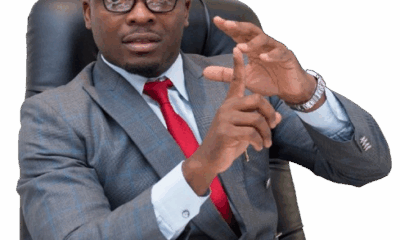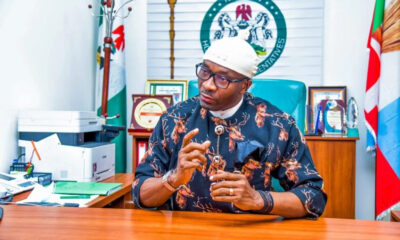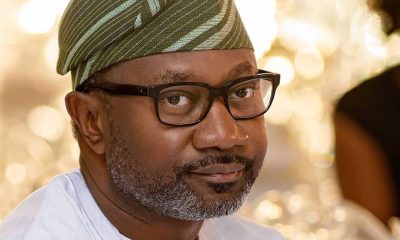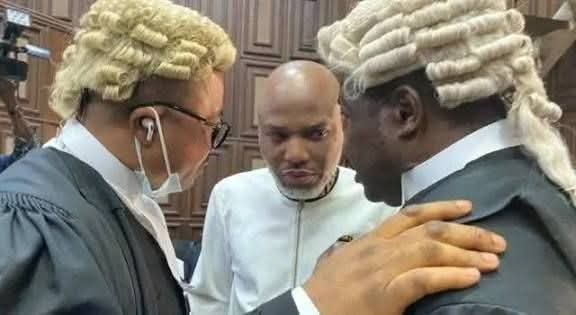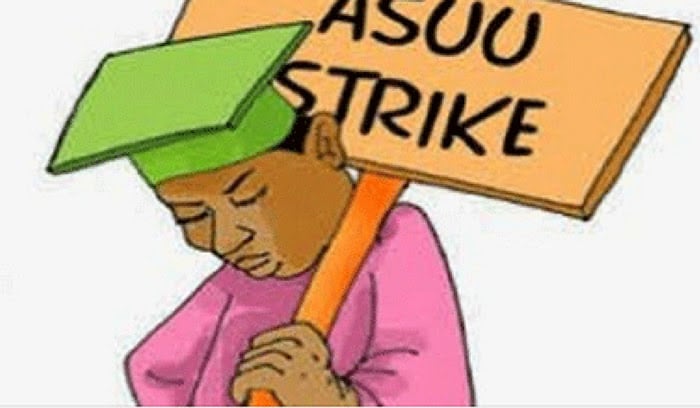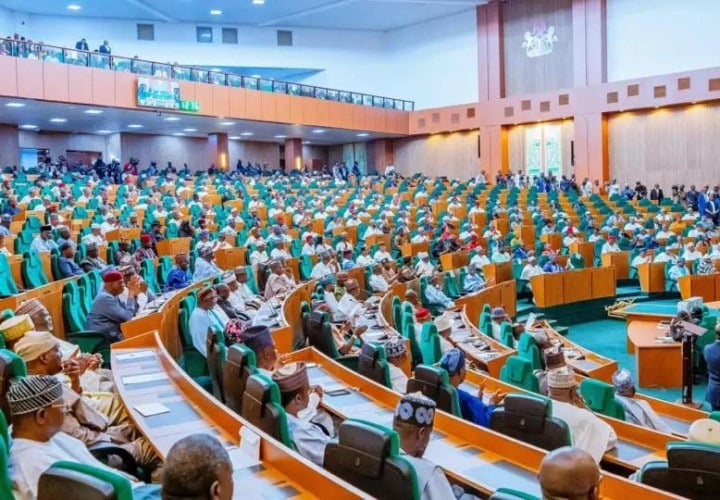BIG STORY
Cash, Petrol Scarcity May Yield Unpleasant Consequences, Act Now —- Akeredolu To Buhari

BIG STORY
BREAKING: Nnamdi Kanu To Lead His Own Defence, Asks Court For 90 Days Preparation, Lists Danjuma, Buratai, Sanwo-Olu, Wike, Others As Witnesses
BIG STORY
JUST IN: ASUU Suspends Two-Week Warning Strike After Overnight NEC Meeting
BIG STORY
Reps Move To Intervene In PENGASSAN–Dangote Refinery Dispute
-

 BIG STORY1 day ago
BIG STORY1 day ago[EXCLUSIVE]: AIT Shuts Down Lagos Office Over Inability To Maintain Staff, Equipments
-
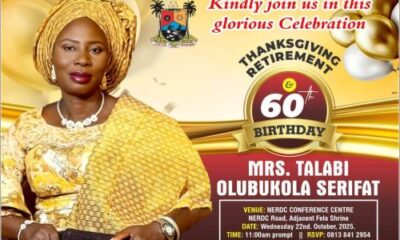
 BIG STORY1 day ago
BIG STORY1 day agoLASG Director Serifat Talabi Dies Four Days To Retirement, 60th Birthday Party
-
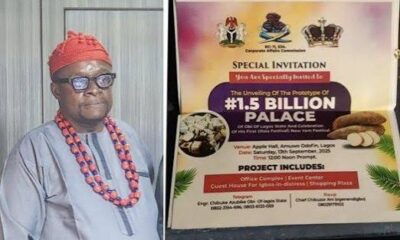
 BIG STORY2 days ago
BIG STORY2 days ago‘Obi Of Lagos’ Apologizes To Oba Of Lagos, Government — Says Printer Erred In Title, Vows To Join APC To ‘Move Lagos Forward”
-
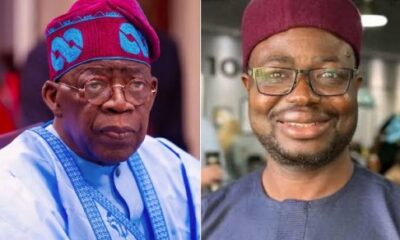
 BIG STORY23 hours ago
BIG STORY23 hours agoBREAKING: Tinubu Nominates Bernard Doro To Replace Former Minister Of Humanitarian Affairs And Poverty Reduction
-
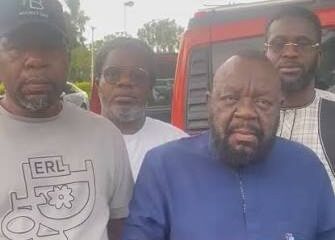
 BIG STORY1 day ago
BIG STORY1 day ago#FreeNnamdiKanu Protest: Kuje Court Remands Nnamdi Kanu’s Lawyer, Brother, 11 Others
-
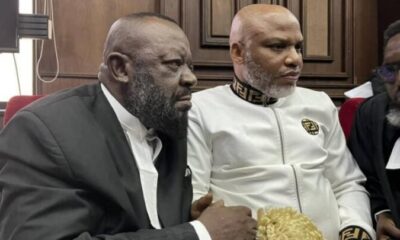
 BIG STORY2 days ago
BIG STORY2 days agoOnanuga Calls For Disciplinary Action Against Nnamdi Kanu’s Lawyer Over Sowore-Led Protest
-
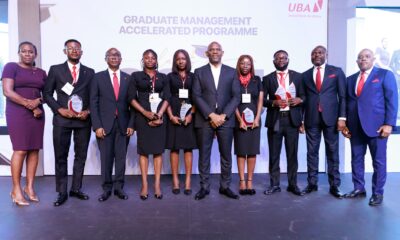
 BIG STORY1 day ago
BIG STORY1 day agoUBA Empowers Next Generation Of Leaders As 700 Youths Join GMAP Initiative [PHOTOS]
-
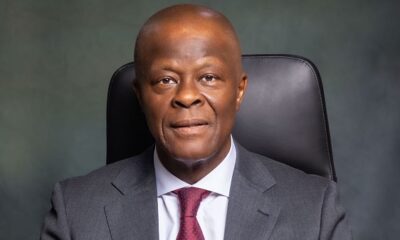
 BIG STORY3 days ago
BIG STORY3 days agoJUST IN: Finance Minister Edun Back In Nigeria, Attends Official Function







